Inadequate Water, Sanitation, and Hygiene (WASH) facilities in schools can severely hinder the health and educational outcomes of students. Recognizing this critical issue, Redington Limited undertook a comprehensive project aimed at improving Water, Sanitation, and Hygiene (WASH) facilities in schools. This case study delves into the project's objectives, implementation, impact, community involvement, challenges faced, and key learnings, showcasing Redington's commitment to fostering better educational and health outcomes for students from urban-poor communities.
About the Company
Redington Limited is a prominent player in the IT and mobility sectors, with a robust network of 290 international brands across 38+ markets. Established as a logistics company, Redington has evolved into a comprehensive supply chain solutions provider. The Foundation for CSR @ Redington, its dedicated CSR arm, has been driving social development initiatives since 2015, focusing on education, skill development, healthcare, and the environment.
Project Objectives
The Integrated Water and Sanitation Project in Schools by Redington Foundation aimed to address critical gaps in WASH facilities, thereby improving health and educational outcomes for students. The specific objectives were:
- Adequate WASH Facilities: Ensure child, gender, and PwD-friendly WASH facilities.
- Capacity Building: Empower School Management Committees (SMCs) for infrastructure management.
- Hygiene Behavior Promotion: Promote improved hygiene practices among students, teachers, and support staff.
- Menstrual Hygiene Management (MHM): Provide MHM-related facilities for adolescent girls within schools.
Scope and Geographical Reach
The project targeted schools in Uluberia (West Bengal), Faridabad (Haryana), Barpeta (Assam), and Chennai (Tamil Nadu), addressing the urgent need for improved WASH facilities in urban-poor communities.
Implementation Strategy: The project followed a structured implementation plan comprising several phases:
1. Need Analysis and Target Identification: Identifying schools lacking proper WASH facilities based on need assessments.
2. Technical Feasibility Assessment: Evaluating the current conditions and determining whether renovation or new construction was required.
3. Baseline Study and WASH Profiling: Gathering comprehensive information about the current WASH situation in target schools.
4. Stakeholder Consultation: Engaging teachers, students, SMCs, and officials to ensure project-need alignment.
5. Design and Planning: Developing detailed plans considering gender-friendly, child-friendly, and accessible design.
6. Renovation and Construction: Implementing renovations and new construction where needed.
7. Operation and Maintenance (O&M) System Establishment: Setting up a school-managed system for facilities management.
8. Capacity Building: Providing training on hygiene practices, O&M to WASH committees, SMCs, and teachers.
9. Behavior Change Communication (BCC): Conducting campaigns to promote good hygiene practices.
10. Monitoring and Follow-up: Regularly monitoring progress, addressing issues, and ensuring proper facility functioning.
11. Long-Term Sustainability: Fostering a culture of WASH within schools, encouraging good hygiene behavior, and involving stakeholders to create a sense of ownership.
Innovations
The project incorporated several innovative aspects, including a collaborative multidisciplinary approach, the establishment of Child Cabinet Committees, integrated interventions for holistic impact, interactive multimedia awareness campaigns, stakeholder engagement for local ownership, technological integration for efficiency, and the adaptation of global-best standards to local contexts.
They utilized eco-friendly construction materials and water-saving technologies, such as low-flow faucets and dual-flush toilets, to create sustainable and efficient facilities. Additionally, they installed rainwater harvesting systems to ensure a reliable water supply, particularly during dry seasons, and solar-powered pumps to reduce energy costs and reliance on the grid.
Redington introduced the concept of "WASH Champions" – students and teachers trained to promote good hygiene practices and maintain the facilities. These champions conducted regular peer-to-peer sessions and workshops, fostering a culture of hygiene and environmental stewardship within the school community.
To ensure long-term sustainability, Redington implemented a digital monitoring system that allowed for real-time tracking of water usage and facility maintenance needs. They also collaborated with local artists to create engaging and educational murals on WASH-related themes, transforming the facilities into vibrant learning spaces.
Project Impact
The project has achieved significant impact as of March 31, 2024, positively affecting educational and health outcomes for students. Key statistics include:
- Direct Beneficiaries: Over 25,000 students across 38 schools.
- Access to Safe Drinking Water: 100% of students in 31 schools now have access to safe drinking water.
- Increased Use of School Toilets: 99% of students have started using the school toilets.
- Special Needs Students: 87 students with special needs have been sensitized on personal hygiene.
- Improved Hygiene Behavior: Enhanced hygiene behavior among students, teachers, and staff.
- Functional and Well-Maintained Facilities: Significant improvement in the cleanliness and functionality of WASH facilities within schools.
Community Involvement
The project emphasized community involvement to ensure sustainability and impact. Key strategies included Stakeholders’ Consultation Meetings wherein to engage government officials, local authorities, school leaders, and community members from the project's inception to ensure alignment and ownership. Community Rallies and Street Plays were organised during significant days like World Water Day and World Toilet Day to raise awareness and garner community support. The project also focused on Empowering School Management Committees by providing training on WASH issues and facility maintenance.
Challenges
Despite its successes, the project faced multiple challenges:
- Weather-Related Delays: Prolonged monsoons caused work stoppages, delaying construction.
Mitigation: Doubling work hours post-monsoon to recover lost time.
- Communal Riots Disruption: Communal riots caused a two-week delay.
Mitigation: Increasing work hours to expedite progress.
- Distance and Monitoring: Significant distances between schools complicated monitoring and supervision.
Mitigation: Grouping nearby schools into clusters for more efficient oversight.
- Inexperienced Contractors: Some contractors lacked experience in WASH projects.
Mitigation: Close monitoring and detailed guidance from WASH officials ensured proper execution.
Learnings/Key Takeaways
The WASH initiative by Redington has yielded several key takeaways that underscore the project's success and sustainability. Engaging multiple stakeholders from various sectors was crucial for developing comprehensive solutions and ensuring project sustainability. By empowering local communities and fostering ownership among stakeholders, the initiative secured long-term impact. Flexibility and the ability to adapt global standards to local contexts were vital in addressing unforeseen challenges, enabling the project to thrive in diverse environments. Continuous behavior change communication campaigns significantly improved hygiene practices among students and staff, reinforcing the importance of hygiene education. Additionally, integrating technology for monitoring and data collection enhanced the project's efficiency and accuracy, allowing for better resource management and timely interventions.
The Integrated Water and Sanitation Project in Schools by Redington Foundation demonstrates the profound impact of comprehensive, community-driven initiatives in improving educational and health outcomes through enhanced WASH facilities.




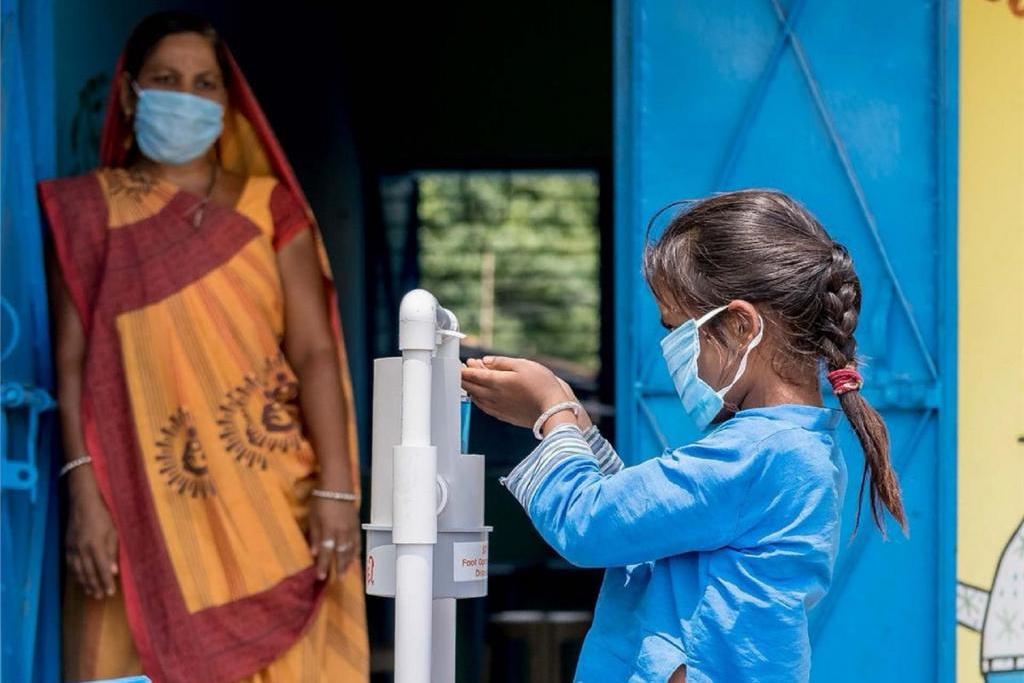
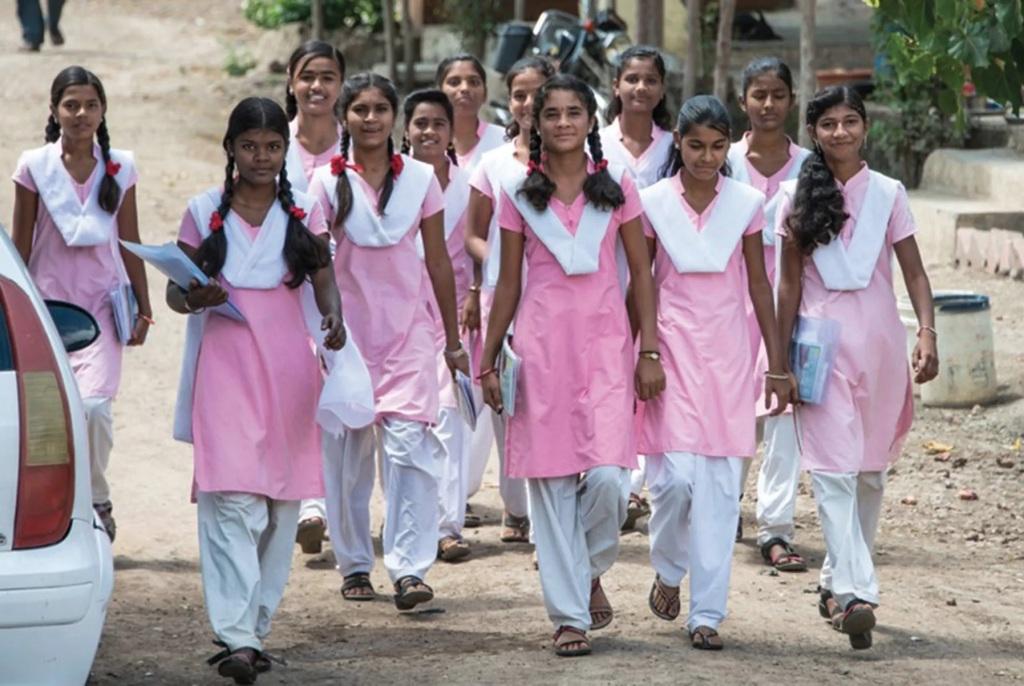


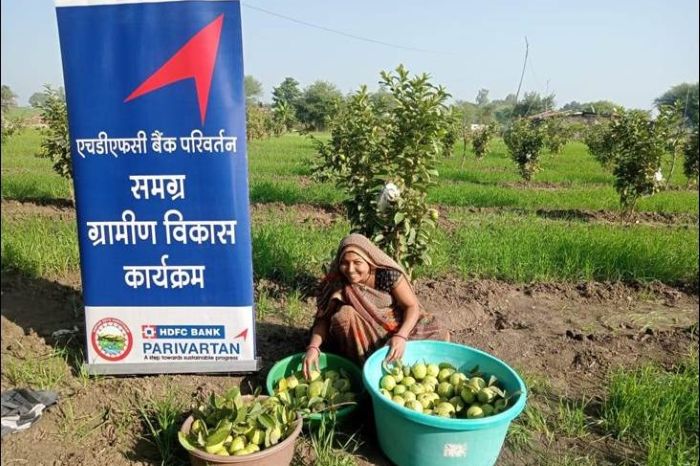
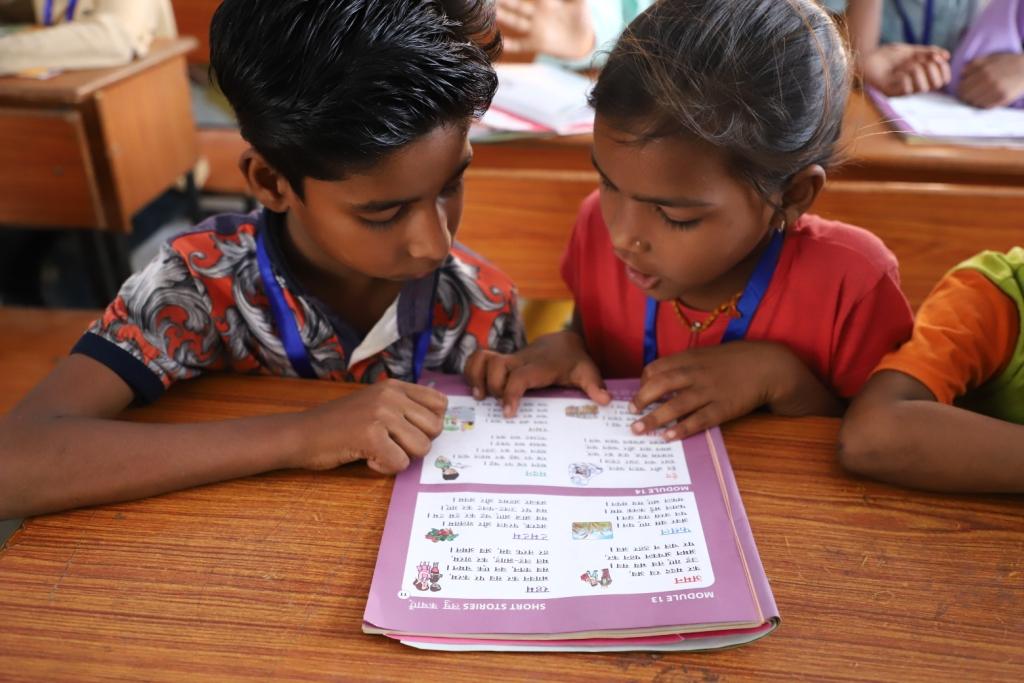
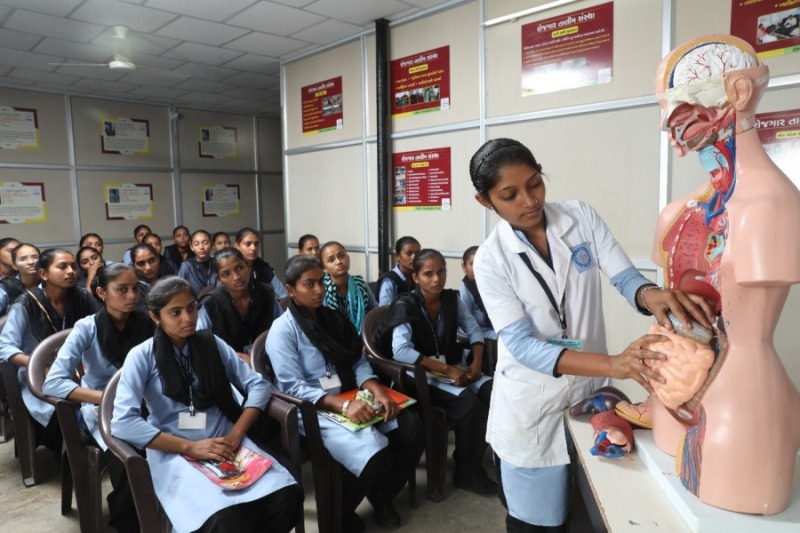








.jpg)



